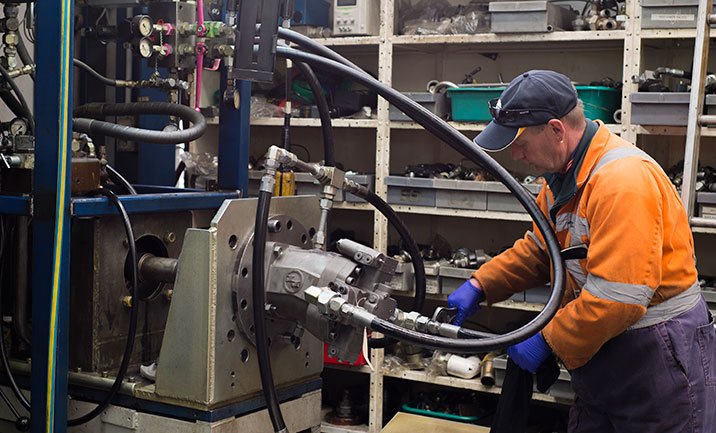Hydraulic Engineering: The Power Behind Water Management and Infrastructure

Introduction
Water is one of the most powerful forces on Earth, and managing it effectively is crucial for modern civilization. Hydraulic engineering is the branch of civil engineering that focuses on the movement, control, and use of water in various applications—from dams and irrigation systems to flood control and urban drainage. With climate change, rising sea levels, and increasing water demand, the role of hydraulic engineers has never been more critical.
What is Hydraulic Engineering?
Hydraulic engineering applies the principles of fluid mechanics to design systems that transport and manage water efficiently. Whether it’s designing a hydropower dam or preventing urban flooding, hydraulic engineers use cutting-edge technology and advanced simulations to create sustainable water solutions.
Key Applications of Hydraulic Engineering
1. Dams and Hydropower Plants
Dams are essential for water storage, electricity generation, and flood control. Hydraulic engineers design and maintain:
✔ Hydropower plants that convert water flow into renewable energy.
✔ Reservoirs to provide water for agriculture, industry, and human consumption.
✔ Flood control structures to prevent catastrophic damage from heavy rains and rising rivers.
2. Urban Water Supply and Drainage Systems
Modern cities depend on efficient water distribution and drainage networks. Engineers design systems that:
✔ Ensure clean drinking water reaches homes and businesses.
✔ Implement stormwater management to prevent flooding.
✔ Develop wastewater treatment plants to protect the environment.
3. Coastal and River Engineering
With rising sea levels and frequent storms, hydraulic engineers are developing innovative solutions to protect coastal areas. This includes:
✔ Seawalls and levees to defend against storm surges.
✔ River training works to prevent erosion and improve navigation.
✔ Eco-friendly coastal restoration to protect marine life while controlling water movement.
4. Irrigation and Agricultural Water Management
Efficient irrigation systems are key to global food production. Hydraulic engineers design:
✔ Drip irrigation and smart water systems to optimize water use.
✔ Canals and aqueducts for transporting water across large distances.
✔ Groundwater recharge techniques to maintain sustainable water levels.
The Role of Hydraulic Engineers in Sustainable Development
With growing environmental concerns, hydraulic engineers play a major role in:
✅ Designing water-efficient cities to minimize waste.
✅ Implementing climate-resilient infrastructure to handle extreme weather.
✅ Developing renewable energy solutions like hydropower.
✅ Enhancing water conservation through smart technologies.
Why Hydraulic Engineering is More Important Than Ever
🌊 Climate change is causing more extreme floods and droughts.
⚡ Hydropower is a leading source of renewable energy.
🏙️ Urban expansion requires advanced water management solutions.
🚜 Agriculture depends on optimized irrigation for food security.
Final Thoughts
From controlling floods to harnessing hydropower, hydraulic engineers are shaping the future of water management. As global challenges intensify, their expertise in sustainable solutions will be crucial for ensuring a water-secure world.
💧 Want to explore more about hydraulic engineering innovations? Follow us for expert insights and updates!










No comments
Be the first to comment.